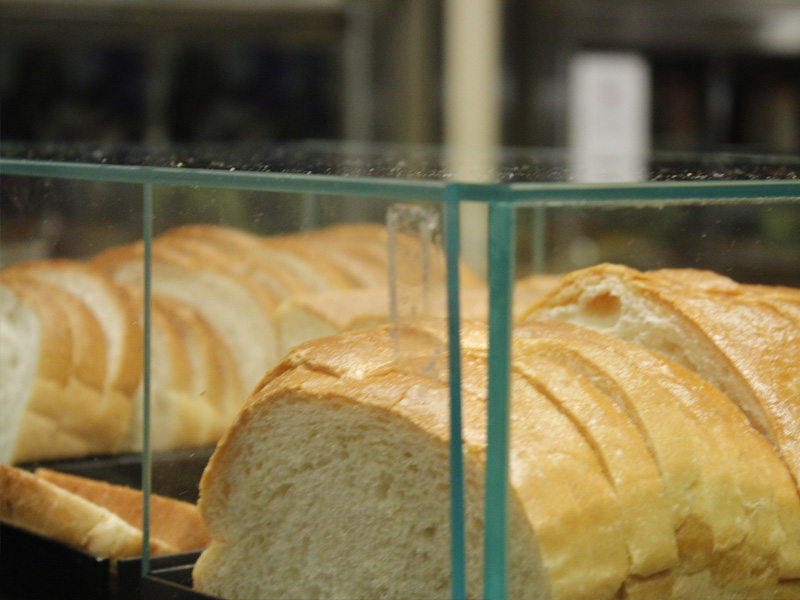
Richard Wickham -- Fat free takes on a whole new meaning.

In the ever changing landscape of what is “healthy,” fat has almost become a bad word.
Contrary to what some popu- lar diet fads might suggest, eating small amounts of polyunsaturated fats on a regular basis is necessary in order to carry out basic bodily processes.
In fact, having shiny hair, smooth skin or even burning fat is not possible without consum- ing some of it.
Amy Miller, professor of kinesiology, states that we need about 30to50gramsoffataday.This comes out to about 20 to 30 per- cent of a person’s daily intake.
According to the USNews.com article “The Skinny on Fats: What the Latest Research Says About What You Should Be Eating” by Katherine Hobson states that the surgeon general’s health and diet report of 1988 advised Americans to reduce trans and saturated fat by simply eating less “fat.”
Yes, fats are calorically dense but they are necessary. The body needs a balance of nutrients, meaning that replacing excessive bad fats with good ones is essential. Polyunsaturated fats and monounsaturated fats are healthy for you and actually help to reduce the levels of cholesterol in the blood stream. Simply switching out a “bad” fat for a healthier one helps keep the heart strong and even reduces the risk of depression.
In the article “Choosing Healthy Fats” on helpguide.org, authors Melinda Smith, M.A., Maya W. Paul and Robert Segal, M.A. suggest that foods with the right amount and types of fat may even battle fatigue and regulate mood. So, the question is where can these “healthy fats” be found? Foods like avocado, coconut oil, olive oil, nuts, tofu, flax seeds and fatty fish are a good place to start.
Studies conducted by the Wesley Medical Centre in Brisbane, Australia, indicate that eating one half of an avocado everyday actually encourages weight loss. Avocados may help trim the waist- line and keep the body resistant to viruses as it is rich in vitamin C, E and K.
Salmon and tuna are full of Omega-3 fatty acids and protein which makes it a very good op- tion to include in your diet. If fish is not an option, Omega-3s can also be found in flax seeds, soy and walnuts.
Omega-6 fatty acids are found in eggs and poultry. Eating a bal- anced combination of Omega-3 and Omega-6 is important in boosting the immune system and maintaining healthy blood function.
Coconut oil, while still a saturated fat is not processed like margarine which can be used in baked goods or even eaten on toast instead of butter. Other compounds found in coconut oil make it one of today’s “super foods.”
If you are dinning out and are cautious about the type of fats that you are consuming, do not feel self- conscious in asking the waiter or waitress which type of oil the cook is using to cook your meal. By requesting how you want your meal prepared, i.e. not fried, you can reduce the amount of saturated and trans fat. In addition, try ordering the dressing on the side of your salad and skipping the fried wantons or cheese garnish.
Implementing these healthier fats into one’s diet is a vital step in promoting a balance of nutrients and facilitating a healthier body.


